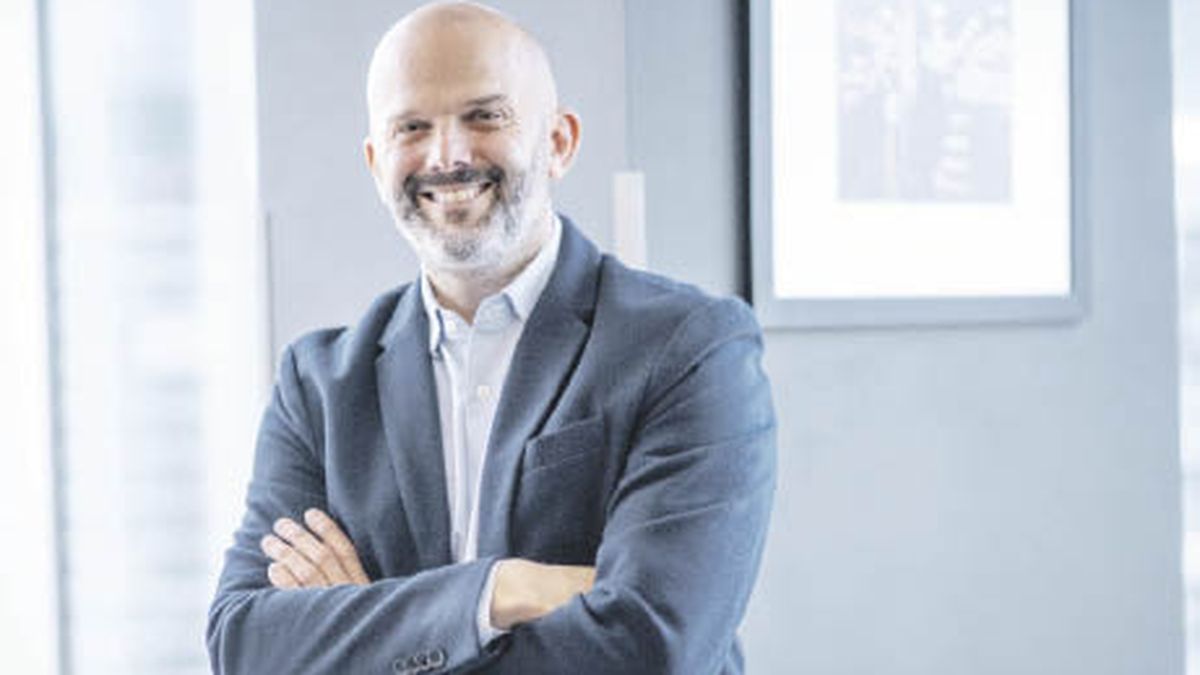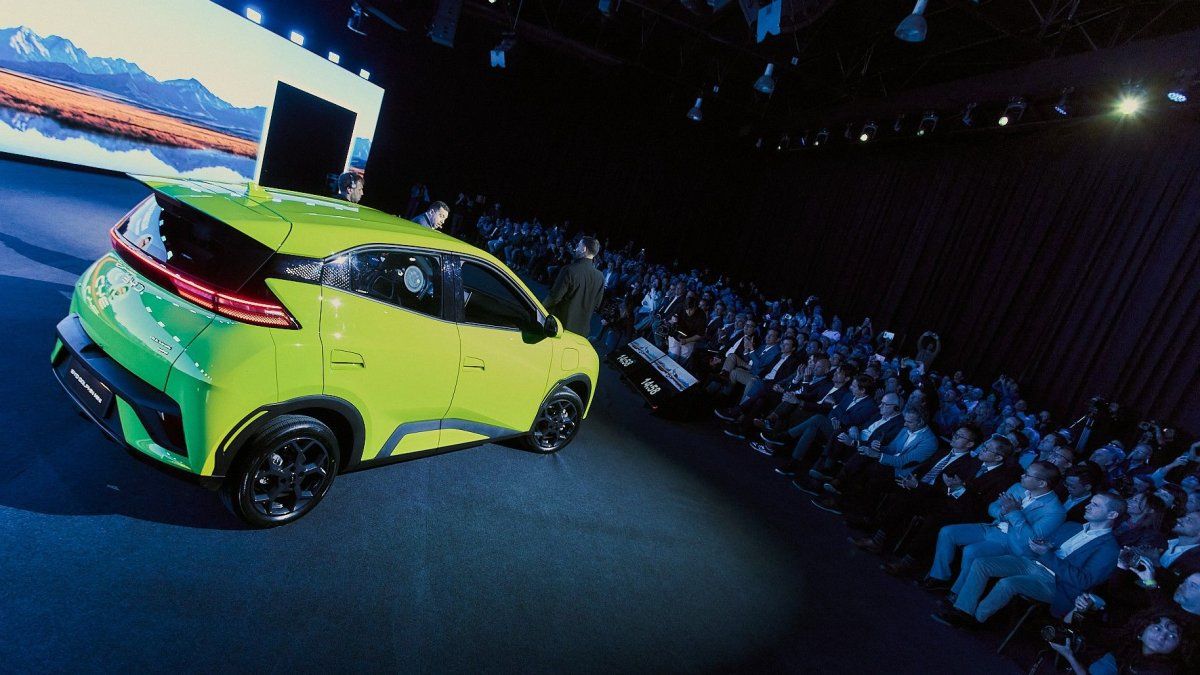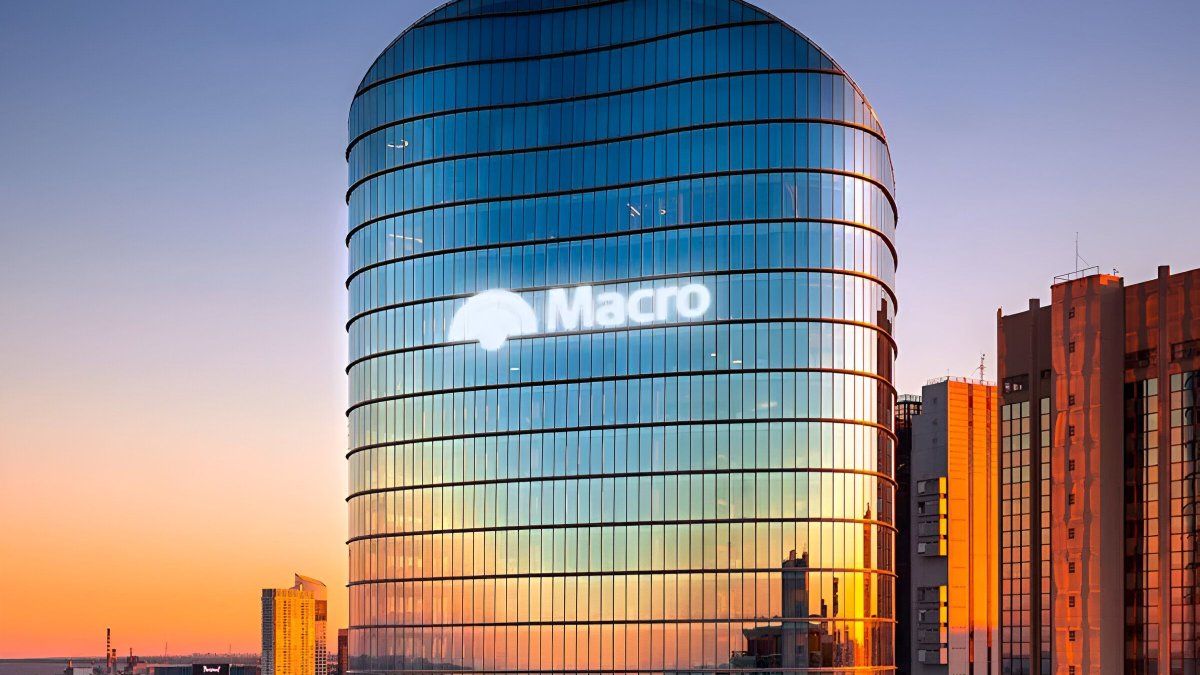Journalist: -What expectations do you have for Argentina in 2023?
Santiago Farinati: We are looking at the business towards 2023 with greater optimism, with the particularities that Argentina has, where there is a very uncertain context in general, economic, political and social. We focus on our value proposition, on giving the best possible experience to the consumer and in a sustainable way. We look at the business in the long term and that is why, regardless of the government in power, we believe in joint private-public work and we have many instances of conversation about the future. We are in 10 provinces and there are many places to continue disembarking with brands. There is great potential, always within a scenario of uncertainty and a lot of volatility. You have to know how to manage that in Argentina.
Q: -What are the investment plans for the future?
SF: In this context, we are resuming investments in the three countries where we ended the year with almost 30 new stores and creating jobs. In Argentina in particular there was a high investment in remodeling, which took almost 50% of the investment this year. We are going to end the year with more than 20 renovations in the country, between the two brands. It seems insignificant but the investment in some cases is greater than the opening of a new store, since it is to make the store again. In addition, we anticipate more than 30 remodels in 2023. Each opening or remodeling moves much more than what one sees in the store. A BK today employs 50 people and a Starbucks employs 20. And behind comes the entire supply chain.
Q: How much is the planned investment in Argentina?
SF: In Argentina we are back with investment projects, possibly opening five or six new stores in 2023, in addition to remodeling, in areas where demand is unsatisfied and with a mode of consumption that has been installed and which is the drive thru, consumption from the car, of the two brands. In stores where we have that option, it sometimes represents 50 or 60 percent of sales. We are going to open three or four stores of each brand that are going to offer that consumption option. Such an investment for a Burger King is around 1.2 million dollars. And it employs 50 people.
Q: How is it financed?
SF: The investment is covered with local internal flow, although the profitability is lower than in other markets. Accordingly, the volume of openings and remodeling is also adjusted. For this reason, we have a more aggressive plan in Chile for 2023 with the opening of 10 or 12 new stores of each brand. This year only in Argentina we created more than 600 new jobs, formal employment. But private investment comes hand in hand with the profitability of the business, which is why it is important to continue working with the government that touches to generate incentives for investment. This is key in a country with a tax burden as high as Argentina.
Q: How is consumption currently?
SF: Consumption, both at Starbucks and Burger King, has recovered in Argentina, Chile and Uruguay, at rates around 90 percent, compared to the pre-pandemic. This average hides some areas where consumption is higher than in the pre-pandemic, such as shopping centers or some neighborhoods. It is coming slower in recovery has to do with the office areas, the downtown of Buenos Aires and in Santiago de Chile. Likewise, the microcenter recovered faster than imagined: now it is at 80% of pre-pandemic in Argentina in volume. It is not a figure where we like to be 80% but it is not 50% either.
Q: How does inflation affect you?
SF: We have gymnastics, although not with such high rates. We are trying to transfer as little as possible to the consumer hand in hand with the suppliers to seek efficiencies. Not just internal inflation. The international price of coffee in dollars has doubled in the last 24 months, due to climatic factors, among other reasons.
Q: Do you plan to add brands in Argentina?
SF: We are always looking at the option. The pizza market in Argentina is very attractive. Hamburger, cafeteria and pizza are the three most important markets in the restaurant sector. We have it pending. It is a market that we would like to disembark. But in the short term it is not planned. It will also depend on the recomposition of our margins. To the extent that we see that it is recomposed, we can consider the project. Today in Argentina we have a network, between the two brands, of 245 own stores, which are 130 Starbucks and 115 Burger King. We do not have franchises, the entire operation is our own. In Argentina, in addition, we already have more than 7,000 direct collaborators. There is also a lot of indirect employment generation. 95% of Starbucks inputs are national. And 85% of Burger King. They are local suppliers of meat, potatoes, pastries, furniture. Except for coffee, which does not exist locally and is imported, and some equipment such as coffee makers, grills, and fryers.
Source: Ambito
David William is a talented author who has made a name for himself in the world of writing. He is a professional author who writes on a wide range of topics, from general interest to opinion news. David is currently working as a writer at 24 hours worlds where he brings his unique perspective and in-depth research to his articles, making them both informative and engaging.




